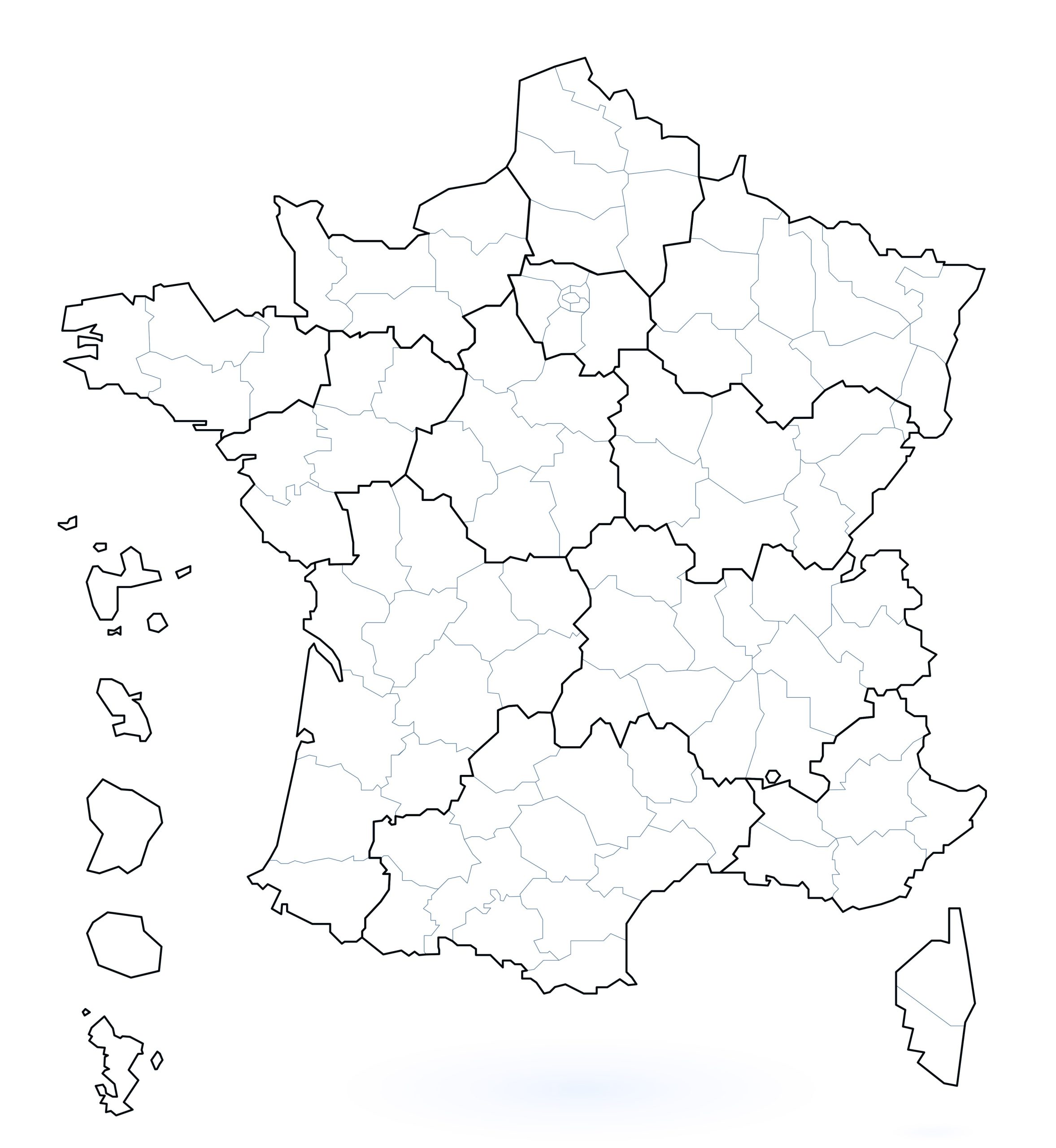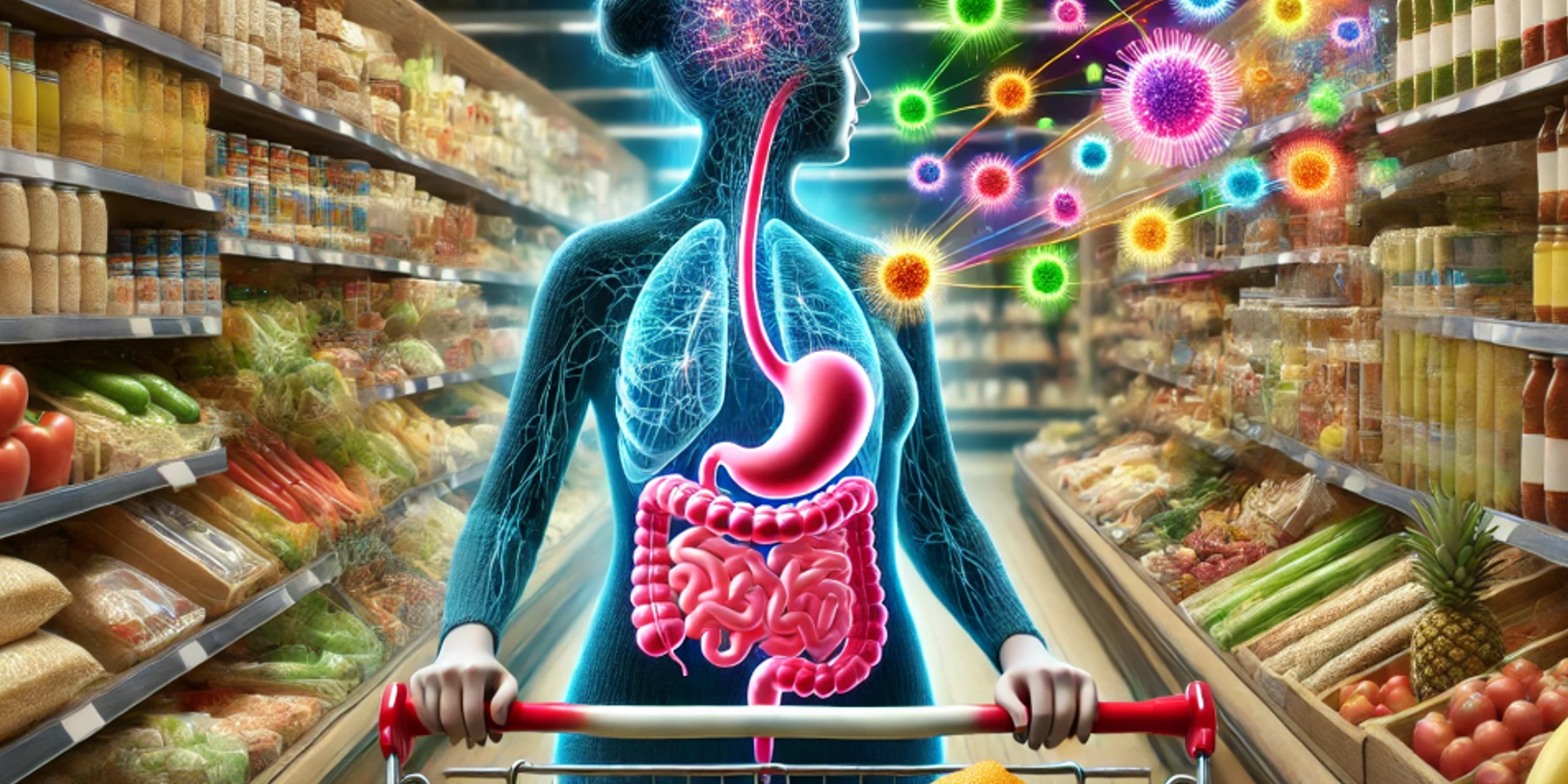Using the microbiota to promote more sustainable eating behavior
Responsible for the project: Laurent MULLER
Coordinating institution: Université Grenoble Alpes
Microbiomes; Nutrition; Behavior; Health; Sustainability; Public Policy
- Total cost: 4M€
- Starting date: 01/07/2025
- Duration: 5 years
- Reference : ANR-24-PESA-0012
• Overall objective:
The MicroBe project explores the role of the gut microbiota in dietary behaviors through a study of 1,000 healthy individuals. Using a multidisciplinary approach combining behavioral sciences, nutrition, and microbiology, this project aims to better understand how the intestinal system influences food choices and receptiveness to public health policies.
MicroBe is based on:
-
- A large-scale observational study (800 participants) to establish correlations between microbiota, personality, and purchasing behaviors.
- An intervention trial (180 participants) to test whether modifying the microbiota with a probiotic can influence dietary decisions.
The objectives are threefold:
- To map the interactions between microbiota, personality traits, and dietary behaviors, in order to optimize nutritional strategies.
- To evaluate the impact of a probiotic intervention on dietary decision-making mechanisms.
- Identify microbial signatures associated with greater responsiveness to public policies, such as nutrition labeling or nudges.
By combining behavioral science and biology, MicroBe could pave the way for more effective and personalized public health strategies.
• Scientific and societal issues:
Diet-related chronic diseases, along with environmental challenges, underscore the urgency of promoting healthier and more sustainable food choices. Yet, many consumers struggle to translate nutritional recommendations into concrete actions due to behavioral biases and the complexity of factors influencing their decisions.
Among these factors, the gut microbiome is proving to be a key player. It plays a role well beyond digestion and may be involved in decision-making via the gut-brain axis. Studies suggest that certain gut bacteria influence food preferences, stress, and even impulsivity. However, the majority of research is based on animal models, and the impact of the microbiota on human eating behaviors remains underexplored.
MicroBe aims to fill this gap by combining observational and experimental approaches to better understand how the microbiome shapes dietary decisions and how it could be harnessed to improve the effectiveness of public policies.
• Project focuses:
The MicroBe project is structured around three axes:
Axis 1 – Large-scale observational study
-
- Objective: Explore the links between microbiota, dietary behaviors, and psychological factors.
- Method: Analysis of multidimensional data (microbiome, metabolome, immunity, personality traits, purchasing behaviors).
Axis 2 – Intervention targeting the microbiome
-
- Objective: Test the causal effect of the microbiota on dietary decisions using probiotic supplementation.
- Method: Clinical study evaluating the impact of probiotics on cognitive biases, stress, and purchasing behaviors.
Axis 3 – Policy interventions
-
- Objective: Test the effectiveness of public policies on food choices and identify factors influencing receptivity to interventions.
- Method: Experiments in a controlled environment simulating purchasing decisions under different policies (labeling, nudges, financial incentives).
- Coordinating institution: Université Grenoble Alpes
- Partner institutions: Inserm, INRAE, Pelican Health


